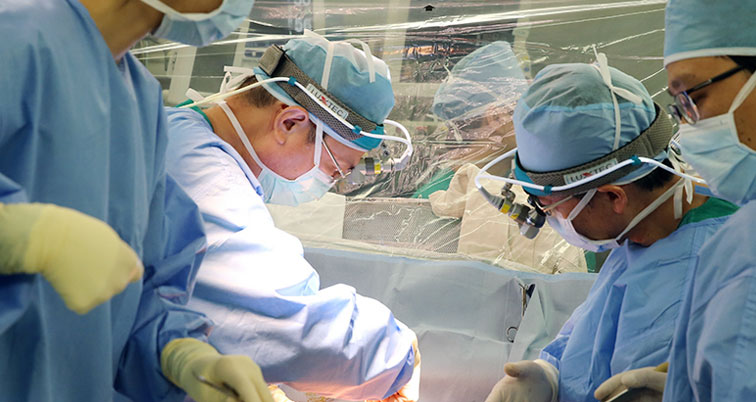RELATED Live.
- About us
- Find Hospitals
-
KIMA Doctors
- All
- Anesthesiology
- artificial joint center
- Breast and Endocrine Surgery
- Breast cancer and thyroid cancer center
- Breast Surgery
- Cardiology
- Cardiothoracic Surgery
- Cerebrovascular Center
- Colorectal Surgery
- dental and maxillofacial surgery
- Dermatology
- Endocrinology
- Gastroenterology
- General Surgery
- Genito-Urology
- Hematology
- Hemato-oncology
- Infection Center
- Internal Medicine
- International Healthcare Center
- Korean Medicine
- liver center/Pancreas and billiary tract center
- Liver Transplantation
- Neurology
- Neurosurgery
- Obstetrics & Gynecology
- Ophthalmology
- Orthopedic
- Otorhinolaryngology
- Pediatric & Juvenile
- Pediatric Allergy and Respiratory Diseases
- Pediatric Gastroenterology
- Pediatric Neurology
- Pediatrics
- Physical Medicine & Rehabilitation
- Plastic & Reconstructive Surgery
- plastic surgery
- Pulmonology
- Radiation oncology
- Rheumatology
- Thyroid & Endocrine Surgery
- Urology
- Vascular Surgery
- KIMA News
- KIMA Live
- Community
KIMA NEWS

Lung cancer has a 5-year survival rate of less than 30%, which is relatively difficult to treat compared to other cancers. However, the survival rate of lung cancer increased as the early diagnosis rate increased with high-performance test equipment such as low-dose spiral computed tomography (CT) test. The lung cancer surgery team of the Department of Thoracic and Cardiovascular Surgery analyzed 7,500 patients who received pulmonary resection between 2002 and 2016 on a five-year basis. Thus, five-year survival rates, averaged about 61% from 2002 to 2006, increased significantly to about 72% from 2012 to 2016. The proportion of thoracoscopic surgery that involves the resection of the lungs with only 3–4 cm-sized two or three holes in the chest increased to 74.5% in 2012–2016 from 9.7% in 2002–2006. It reached 84.4%, especially in 2016. The surgery has a lower risk of post-operative pain, infection and complications than open thoracotomy that makes a 25–30 cm-sized incision. The percentage of sub-lobe resection that only cuts off part of the lobe also increased to 20% from 4.3% over the same period. The lungs consist of multiple lobes, and sub-lobe resection is a minimal one that cuts off part of a specific lobe around the cancerous area. This technique is able to maintain the patient's lung function as much as possible than lobectomy that removes the entire lobe where cancer developed. With advancement of surgical techniques, the number of elderly patients over 70 years old has increased to 25.3% in 2016 from 13.3% in 2002. Moreover, the proportion of patients who underwent surgery after the first stage of lung cancer was only 40.6% in 2002–2006, but it increased to 56% in 2012–2016. The research team believed that this change is due to the wide use of low-dose chest computed tomography (LDLC) tests, known to have about 1/5 less radiation exposure and up to 10 times higher risk of lung diseases including cancer. Professor Choi, Se-hoon said, 'As Korean population grows older, the average age of patients undergoing lung cancer surgery rises. But, the advancement of surgical techniques and the rising number of patients with early detected lung adenocarcinoma resulted in an increase of five-year survival rates.'
Professor Park Seung-il said, 'The lung cancer surgery team of the Department of Thoracic and Cardiovascular Surgery conducts about 1,100 lung cancer surgeries per year, the highest in Korea. We will continue providing the best treatment results for lung cancer patients by closely collaborating with other specialties such as the Departments of Pulmonary and Critical Care Medicine, Oncology, and Radiation Oncology.' The findings were recently published in Journal of Korean Medical Science.
http://www.amc.seoul.kr/asan/information/journal/journalDetail.do?pageIndex=1&journalId=12409&searchCondition=tc&searchKeyword=
RELATED Doctor
RELATED Members
Inquiry